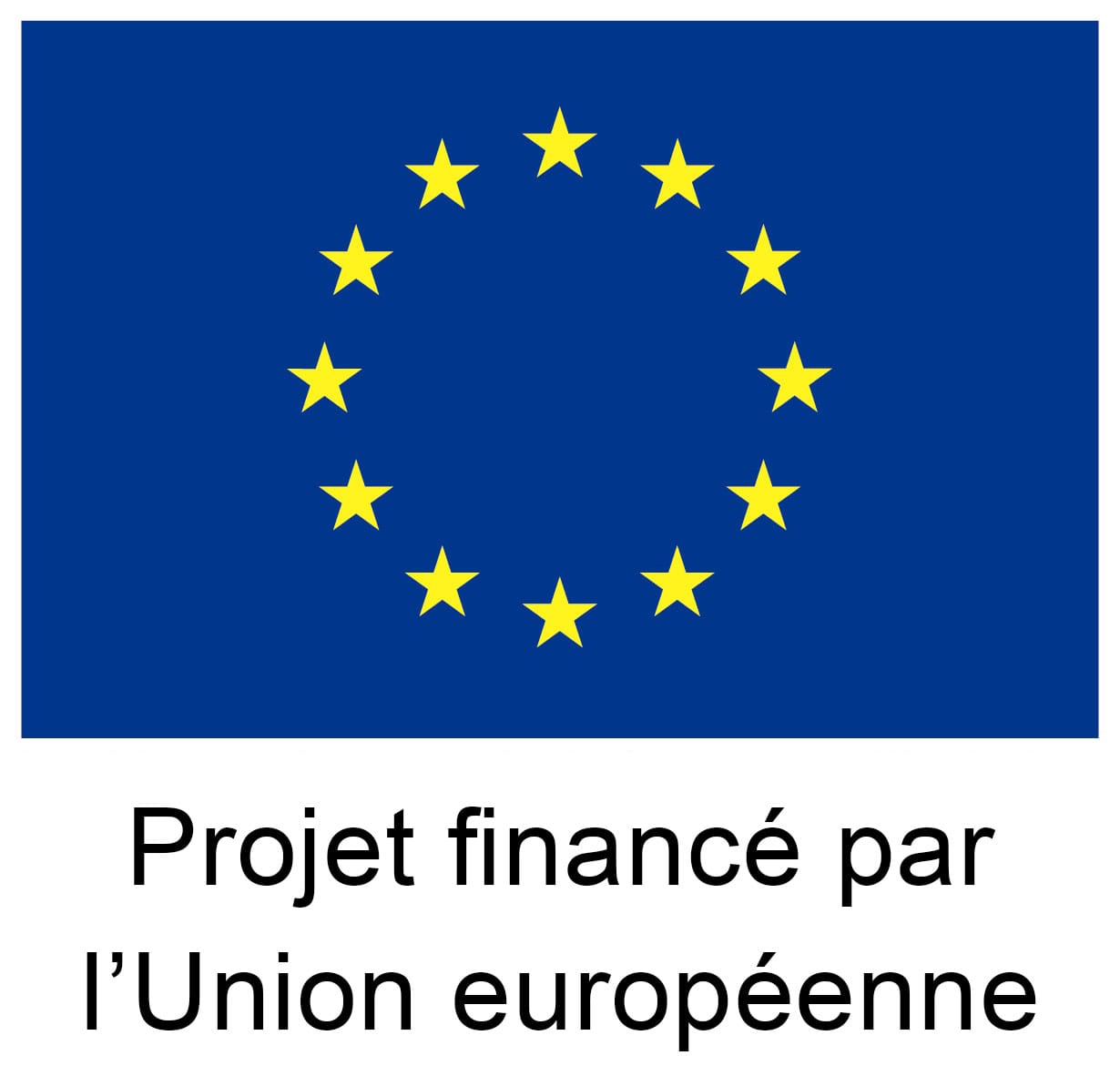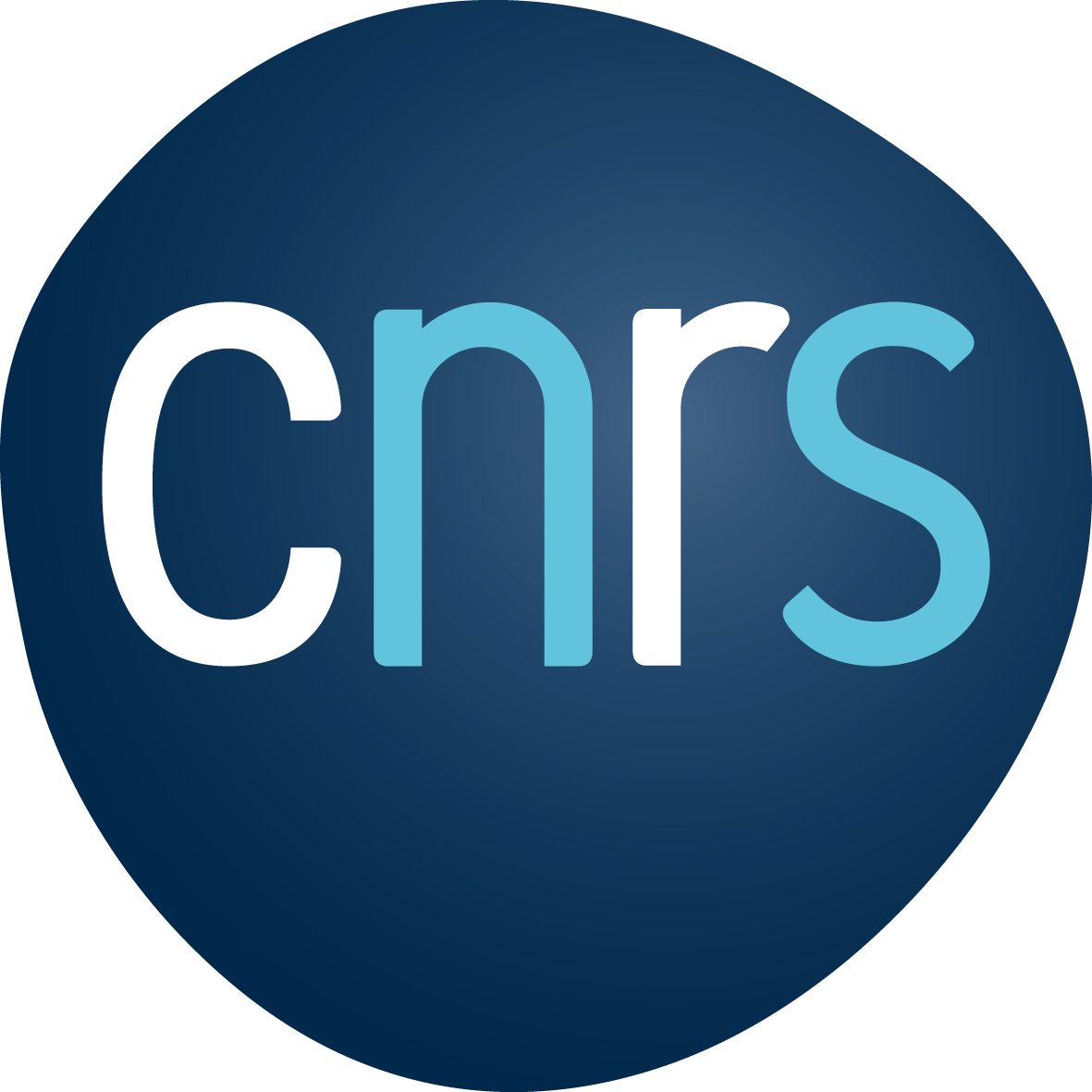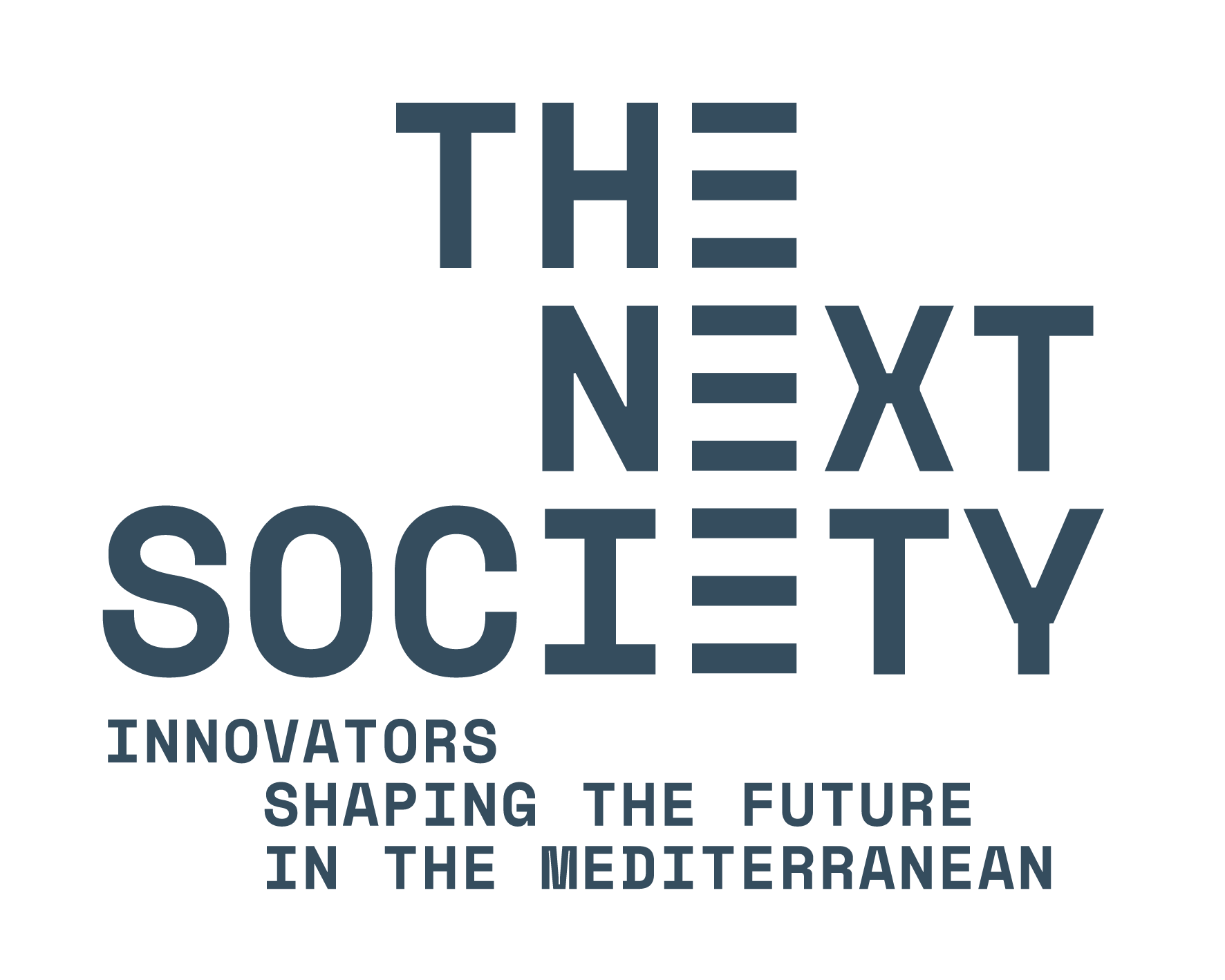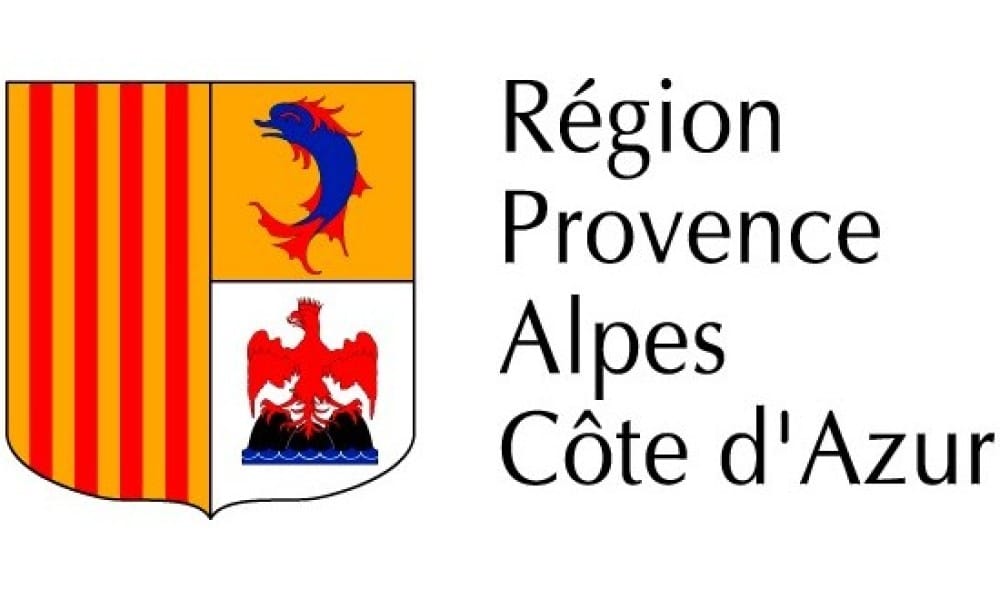
SBAT (Small Business Assessment Tool) is above all a tool designed for micro-enterprises and SMEs. It aims not only to evaluate their activity but also to compare it with their main competitors' activities. This tool guides an entrepreneur in its decision-making process based on its market position, in order to ensure a safer and more prosperous future for his company.
| 1-9 employees | 1855 |
| 10-19 employees | 410 |
| 20-49 employees | 450 |
| 50+ employees | 516 |
Entrepreneurs, researcher, employers' organization, local authority, join our community to enrich and develop our project. Share your experiences and help us build the most comprehensive and precise diagnosis possible!







